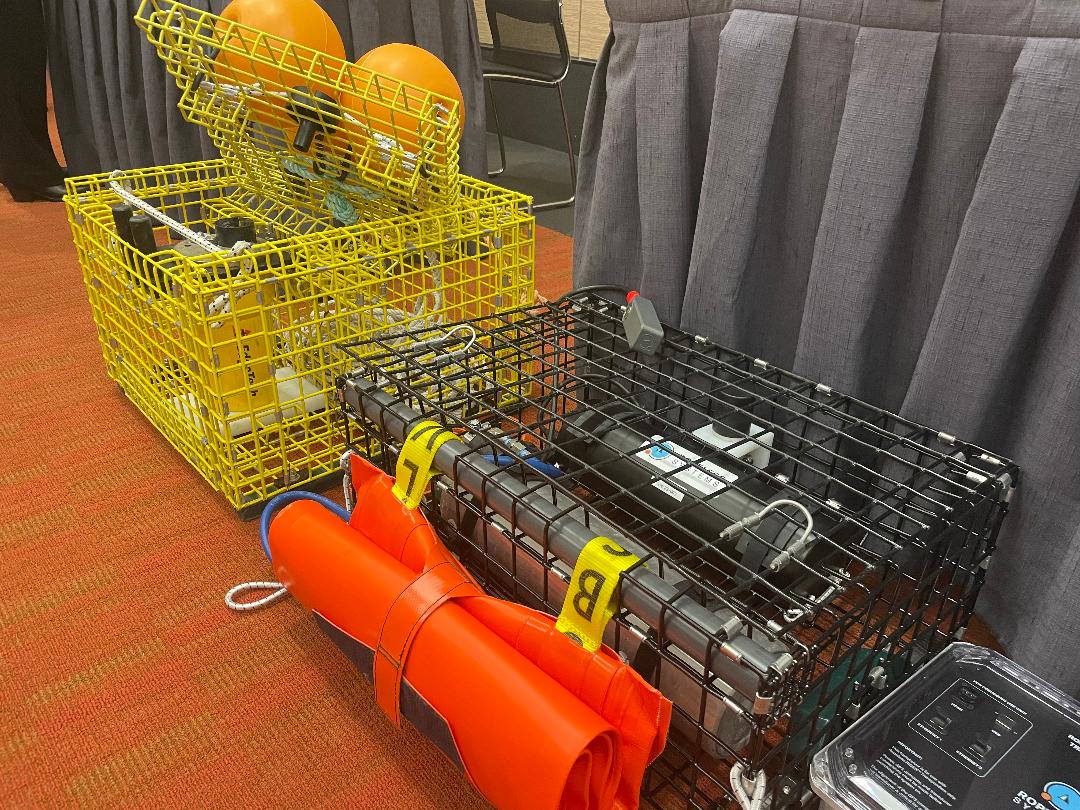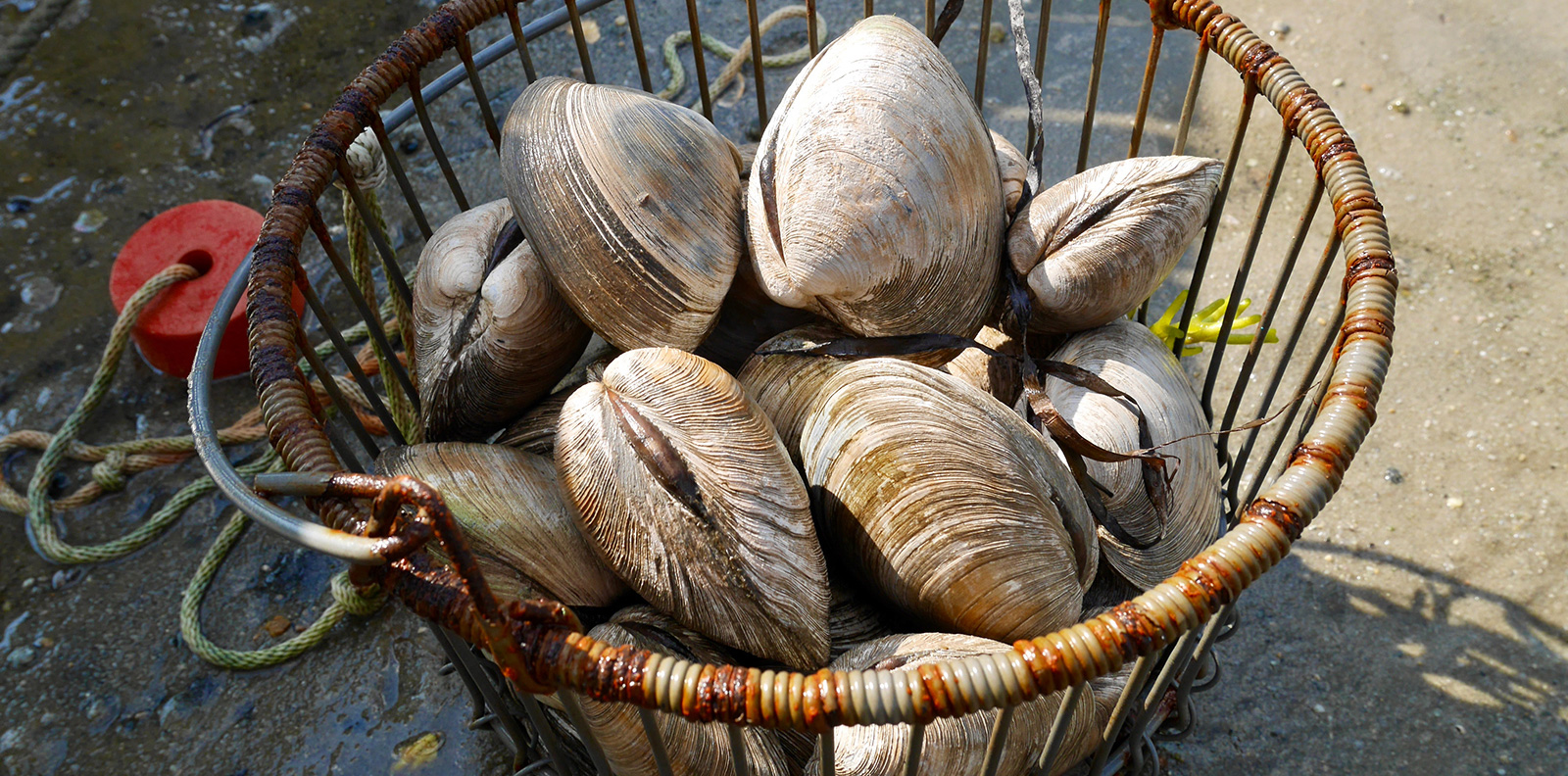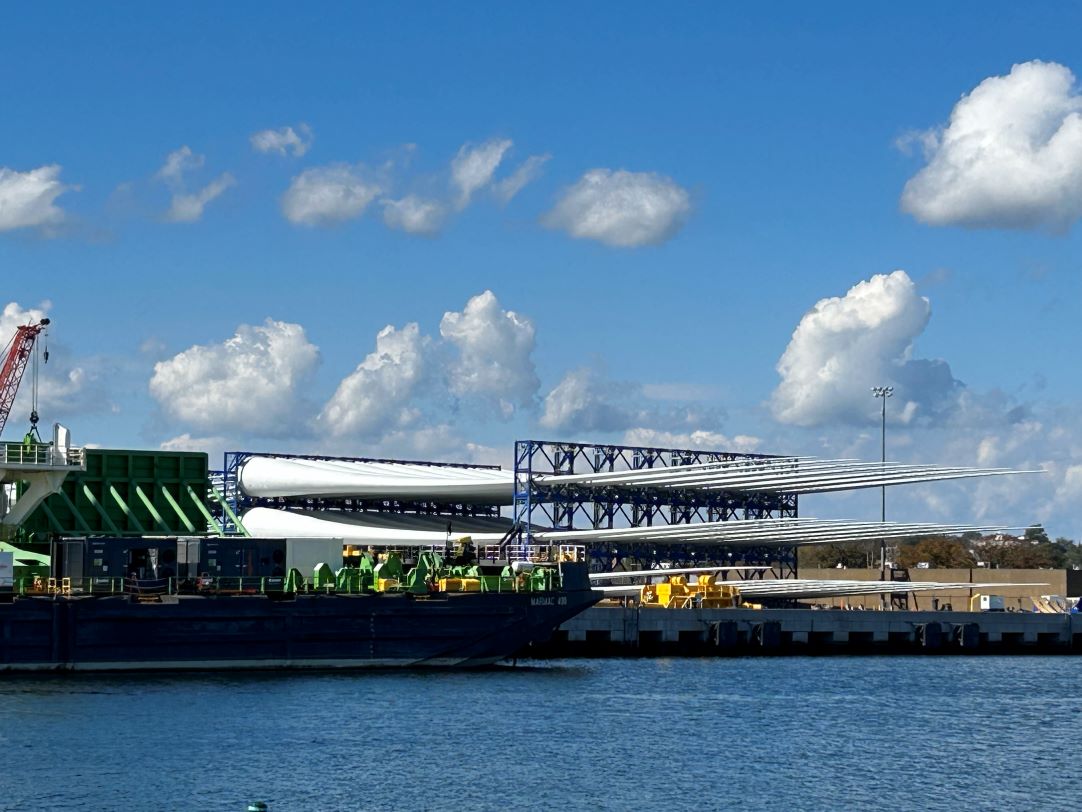NOAA Updates Recreational Fishing Policy to Reflect Climate Crisis, Increase Diversity
November 6, 2023
Recreational saltwater fishing is an important economic driver for the Ocean State, bringing in as much as $419 million annually when you include hotel stays and restaurant, bait shop, and marina spending by visitors.
More than 80,000 Rhode Islanders fish recreationally, with an equal number of out-of-staters coming here to fish, according to the Rhode Island Environmental Monitoring Collaborative.
Warming seas, habitat loss, and changes in the movement of bait fish are impacting the state’s recreational and commercial fisheries. Atlantic bluefin tuna, a popular species commonly fished off the Ocean State coast, is one of the Northwest Atlantic Ocean species projected to be impacted by warmer waters and habitat loss.
Other iconic Rhode Island species, such as cod and lobster, have been moving north for a while. Once-abundant winter flounder is now difficult to find.
In an attempt to address climate change and other issues affecting recreational fishing, the National Oceanic and Atmospheric Administration recently updated its saltwater recreational fisheries policy, outlining areas of importance such as fish habitats, marine debris, and supporting recreational fishing in underserved communities.
“It’s high time the plan is renewed,” said Dave Monti, a Rhode Island charter fishing captain and vice chair of the Narragansett Bay Estuary Program‘s Steering Committee. The new policy “recognizes the fact that NOAA is not keeping up with exponential climate change, and tries to provide a goal provision to make NOAA climate-ready.”
The policy, while created by NOAA, is implemented regionally, where “the rubber meets the road,” Monti said. “Implementation is up to the regions.”
The Greater Atlantic Regional Fisheries Office and the Northeast Fisheries Science Center oversee stewardship of New England fishing.
In some cases, Monti said, some of NOAA’s plans are not solidified yet. “Much is open-ended — we can’t move forward with open-ended programs.”
Since recreational fishing plays such a large role in the state’s economy, Monti said, “It’s important that [the policy] address recreational fishing — in Rhode Island it has a greater total impact on the economy than commercial fishing. It’s important to address recreational fishing in a planned and organized fashion.”
Among the highlights of the plan for the Greater Atlantic region:
Support habitat restoration projects for healthy fish habitats: Work closely with the Habitat Restoration Center, recreational fishermen, and other partners to support restoration of important habitat for recreationally significant fish.
The plan supports the restoration of eelgrass, which provides critical habitat for fish. Eelgrass, which roots in the soil and grows in shallow waters about 3-12 feet deep, helps prevent erosion by stabilizing sediments, buffers the shoreline from the impact of waves, traps sediment particles suspended in the water, and reduces pollution.
Expand collaboration with NOAA’s marine debris program: Work closely with the Marine Debris Program to partner with recreational fishing associations on issues related to minimizing and mitigating marine debris from recreational fishing.
Collaborate with recreational fishing and boating communities to improve whale safety: Advise the Whale and Vessel Safety Taskforce to develop technology and monitoring tools that can mitigate the risk of vessel strikes to marine mammals, with special attention to North Atlantic right whales.
Strengthen angler engagement to promote inclusive and sustainable recreational fishing: Collaboratively develop a regional outreach and communication plan that aims to educate and gather angler input and participation in programs and activities.
Pursue and support equitable treatment and involvement of underserved and underrepresented communities in recreational fishing: Engage and educate the public about the Northeast Marine Resource Education Program to enhance and diversify public participation in the federal fisheries science and management process; provide non-English translation of educational print materials and online forms; and participate in and support outreach programs for youth in underserved communities.
Monti said getting underserved communities more involved in recreational fishing is an important area to address in Rhode Island.
“The people who get the short end of the stick with recreational fishing are those in urban areas,” Monti said. “They can’t afford a boat, can’t afford to drive to Narragansett. So they fish in rivers in Providence, East Providence.” But, he added, public access points to those fishing areas are disappearing and not being replaced.
Habitat change also affects urban anglers, Monti said. “Habitat is big part of the plan, as it relates to diversity and economically disadvantaged folks. Key habitat is important for all fisheries, so with sea level rise, habitat degrading, buffers degrading, most of that happens toward shore,” where urban anglers cast their lines.
Monti, who belongs to the Rhode Island Saltwater Anglers Association, said often RISAA gets called when there are conflicts about land-based fishing access points. He said sometimes the urban anglers don’t understand the rules and regulations regarding fishing. He said the NOAA plan will help provide “signs, trash barrels, multi-language communications about regulations regarding when you can’t and can’t fish.”
Another way to bring recreational fishing to underserved communities is through fishing camps. Monti said RISAA, along with the Rhode Island Department of Environmental Management with support from NOAA, has long run a free fishing camp at Rocky Point State Park, and he would like to see that program expanded into Providence, East Providence, and Bristol.
Other goals include collaborating with NOAA’s marine mammal sanctuaries on outreach and education efforts; better understanding recreational use of marine and coastal resources through data and studies; and building a recreational fishing management support tool.
Monti said recreational anglers are not required to record their catches, unlike commercial fisheries.
“NOAA has no idea what they catch, so they estimate what anglers are catching,” he said, which leads to inaccurate counts. The new policy “recognizes the fact we need better recreational data and looks toward citizen science” to help gather that data, he said.
Note: This story was updated on Nov. 9, 2023, to revise the amount of recreational fishing’s impact on Rhode Island’s economy.




Do these figures include freshwater recreational fishing as well?
“…Recreational fishing is an important economic driver for the Ocean State, bringing in as much as $160 million annually when you include hotel stays and restaurant, bait shop, and marina spending by visitors.
More than 80,000 Rhode Islanders fish recreationally, with an equal number of out-of-staters coming here to fish, according to the Rhode Island Environmental Monitoring Collaborative…”
No, they only include saltwater fishing.
RISAA Newsletter says $419 Million is brought to RI from recreational fishing. What’s the real total? I believe the RISAA number.
The $419 million figure includes commercial fishing and shellfishing, fishing charters, processing, professional service firms, retail and wholesale seafood dealers, including importers and exporters, service and supply firms, and tackle shops, according to the Commercial Fisheries Research Foundation.